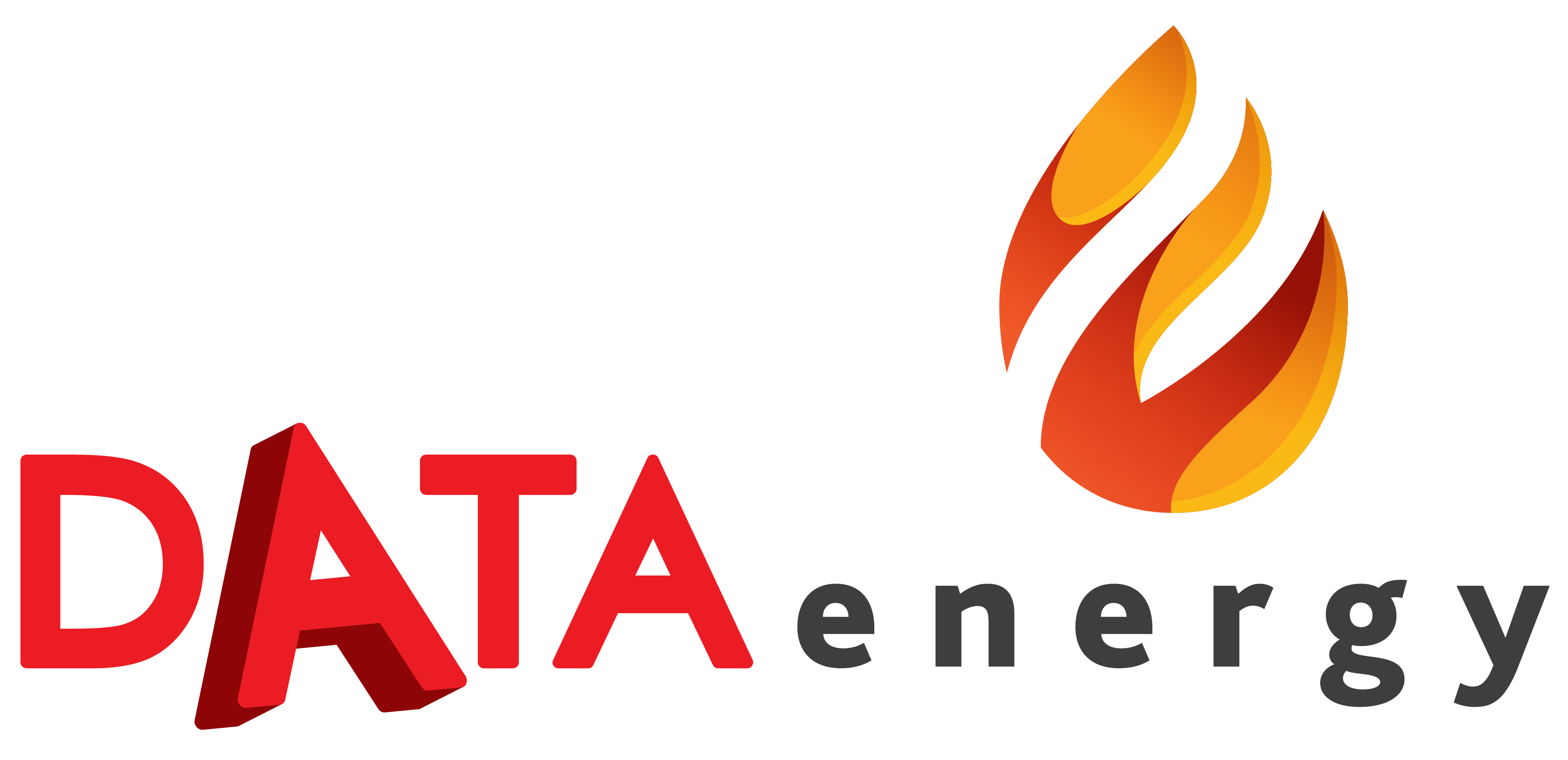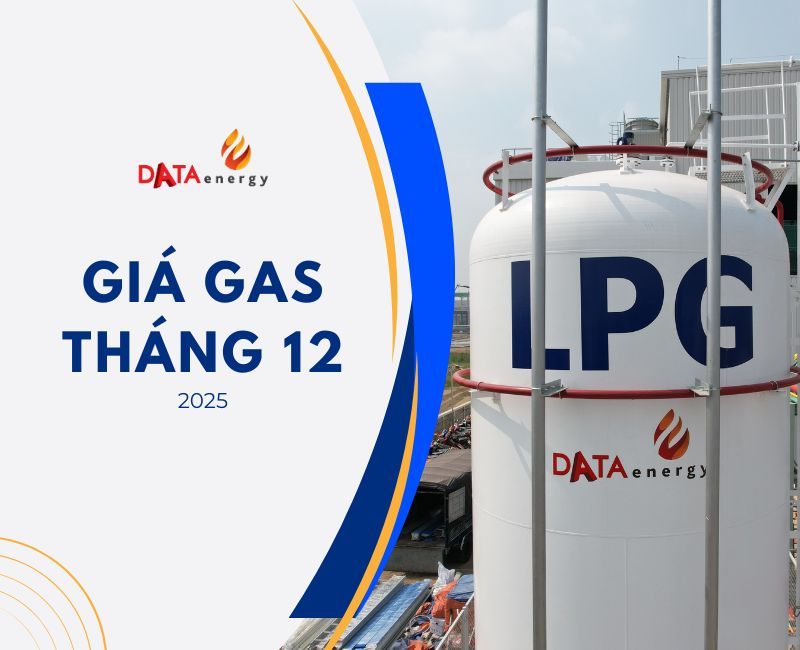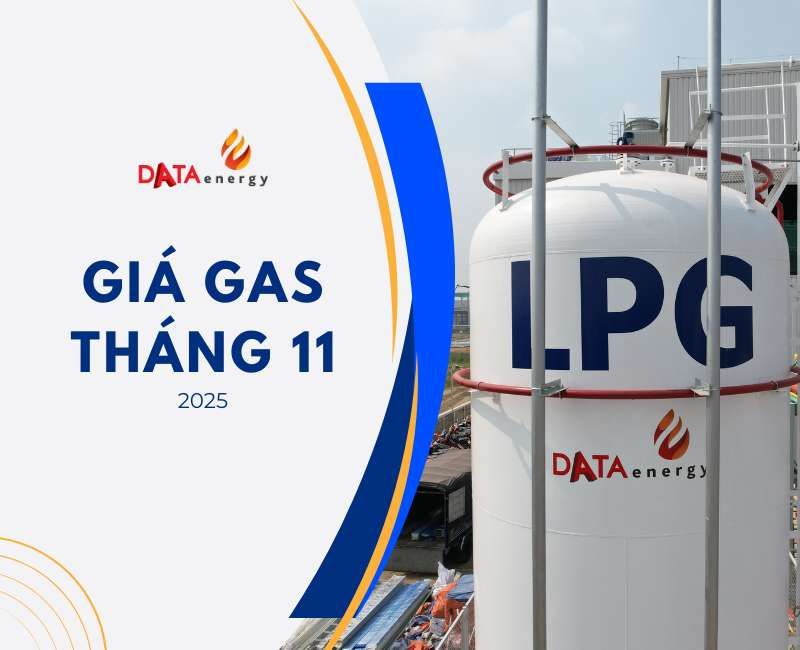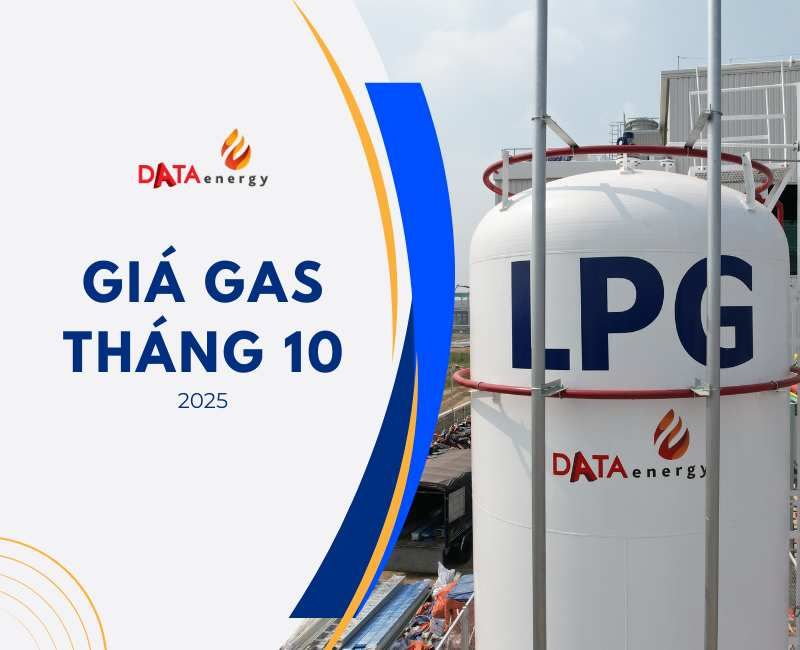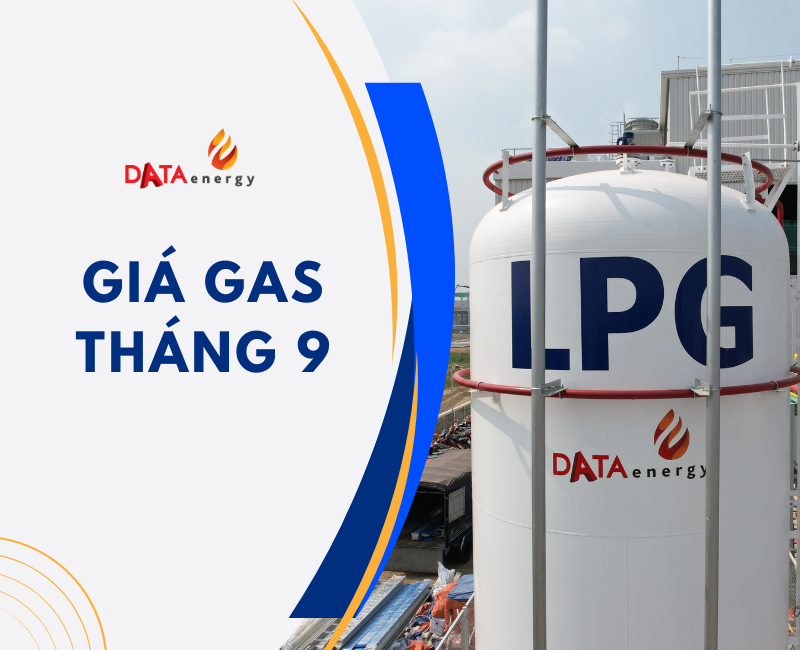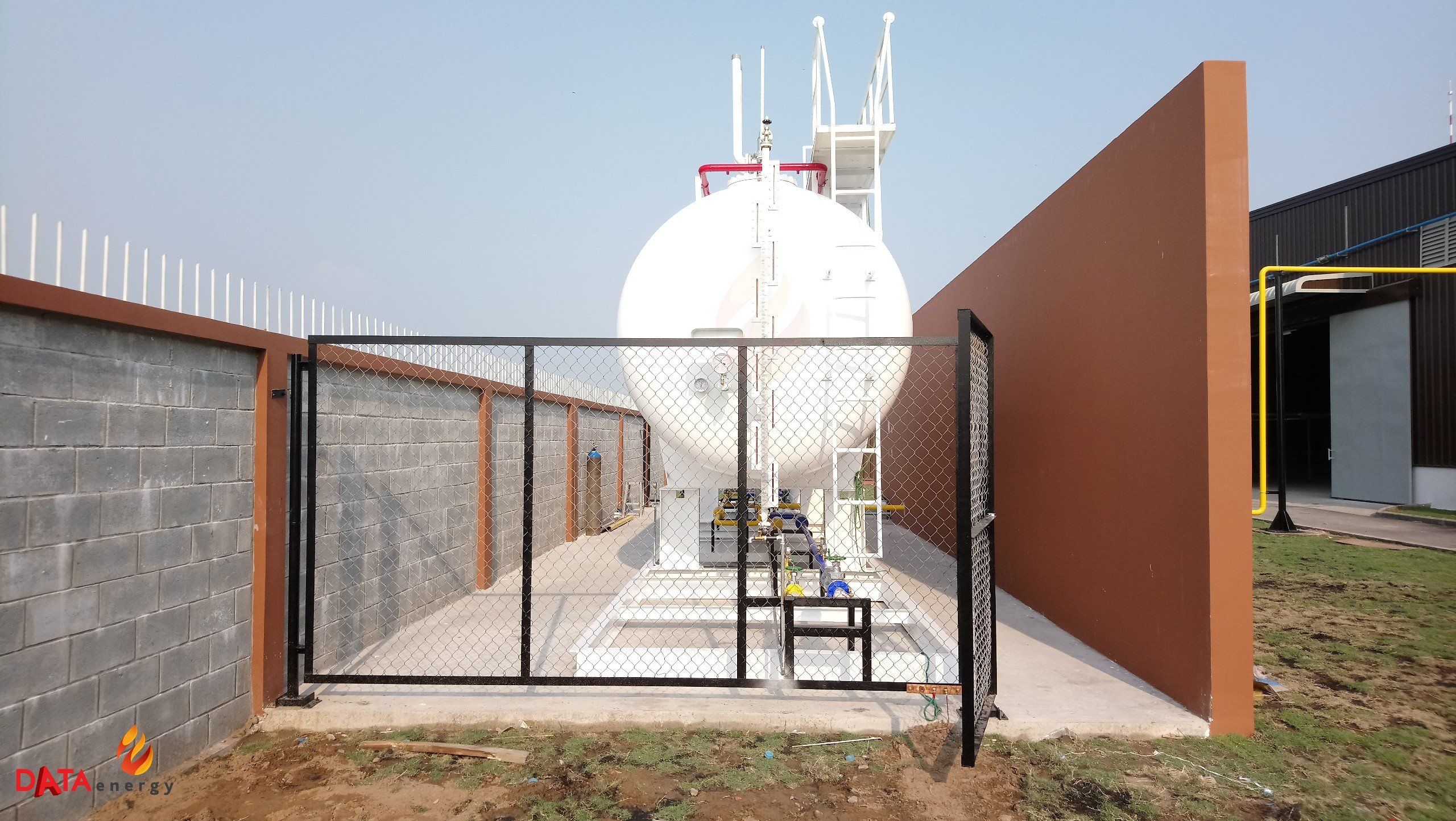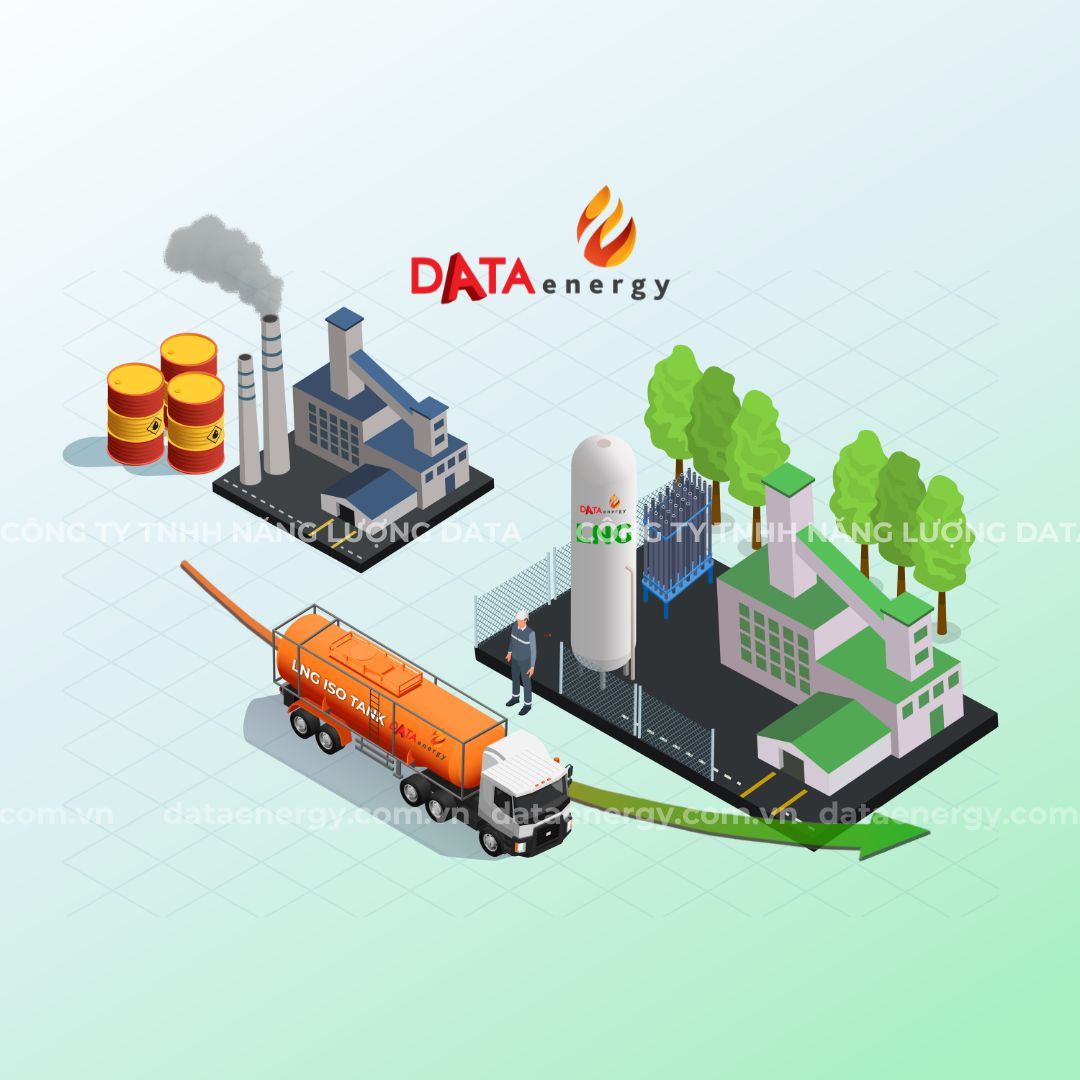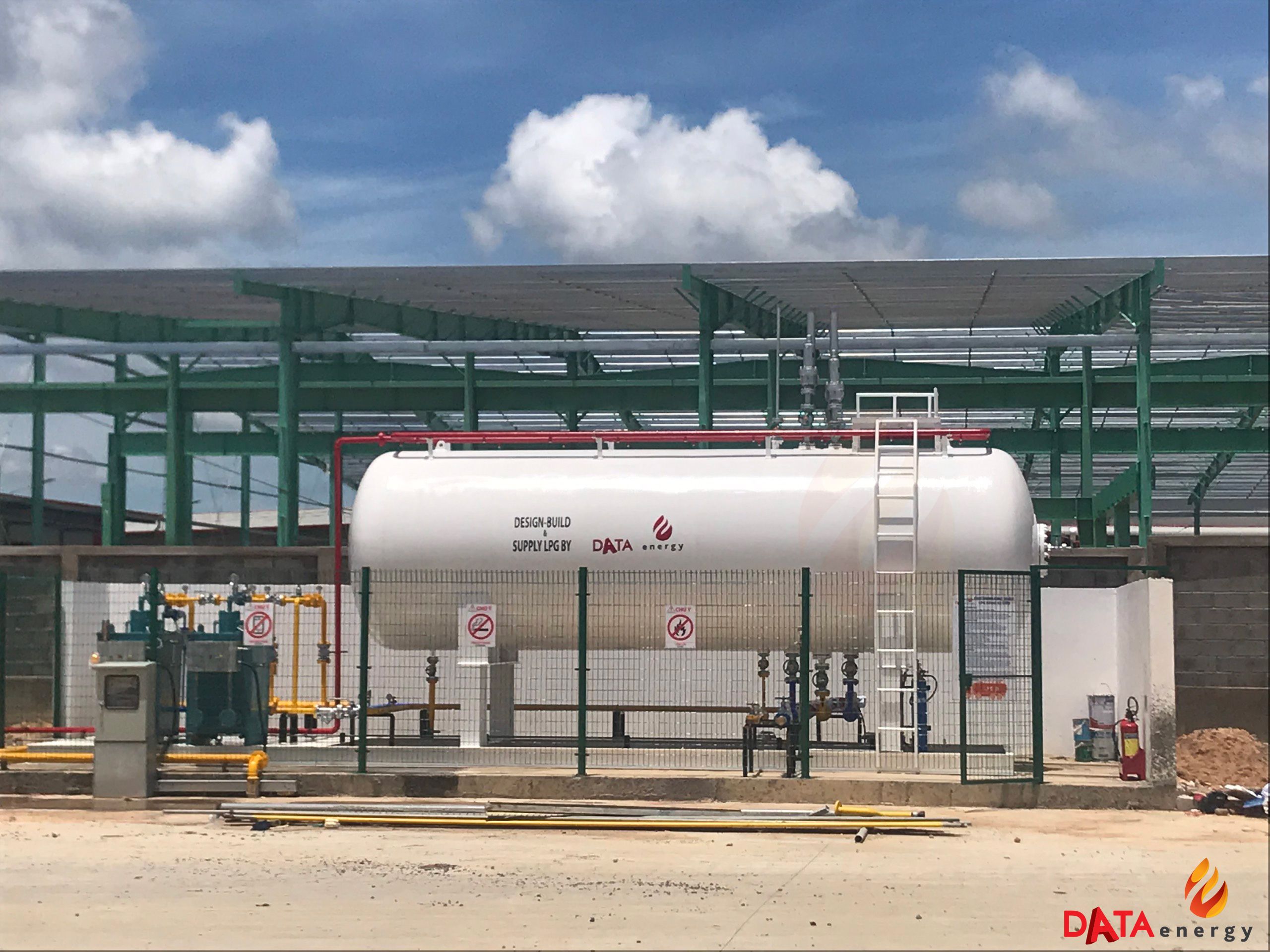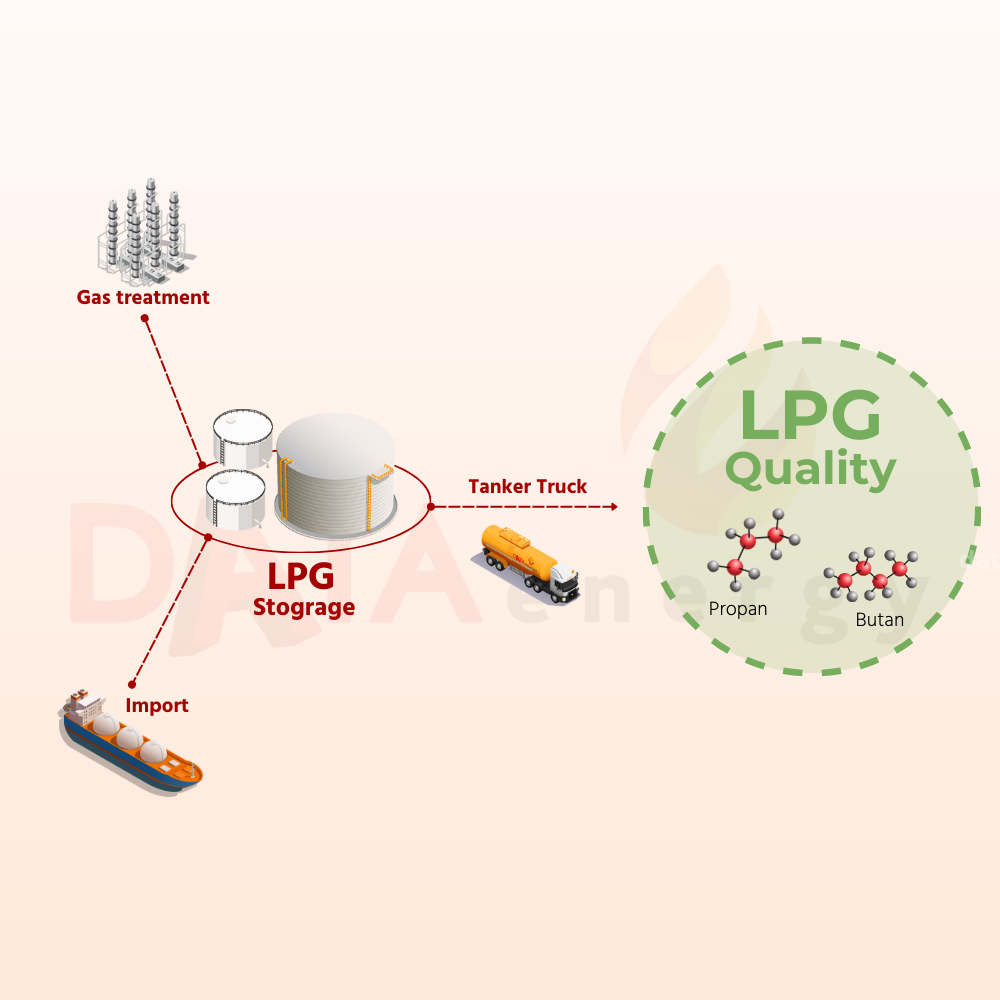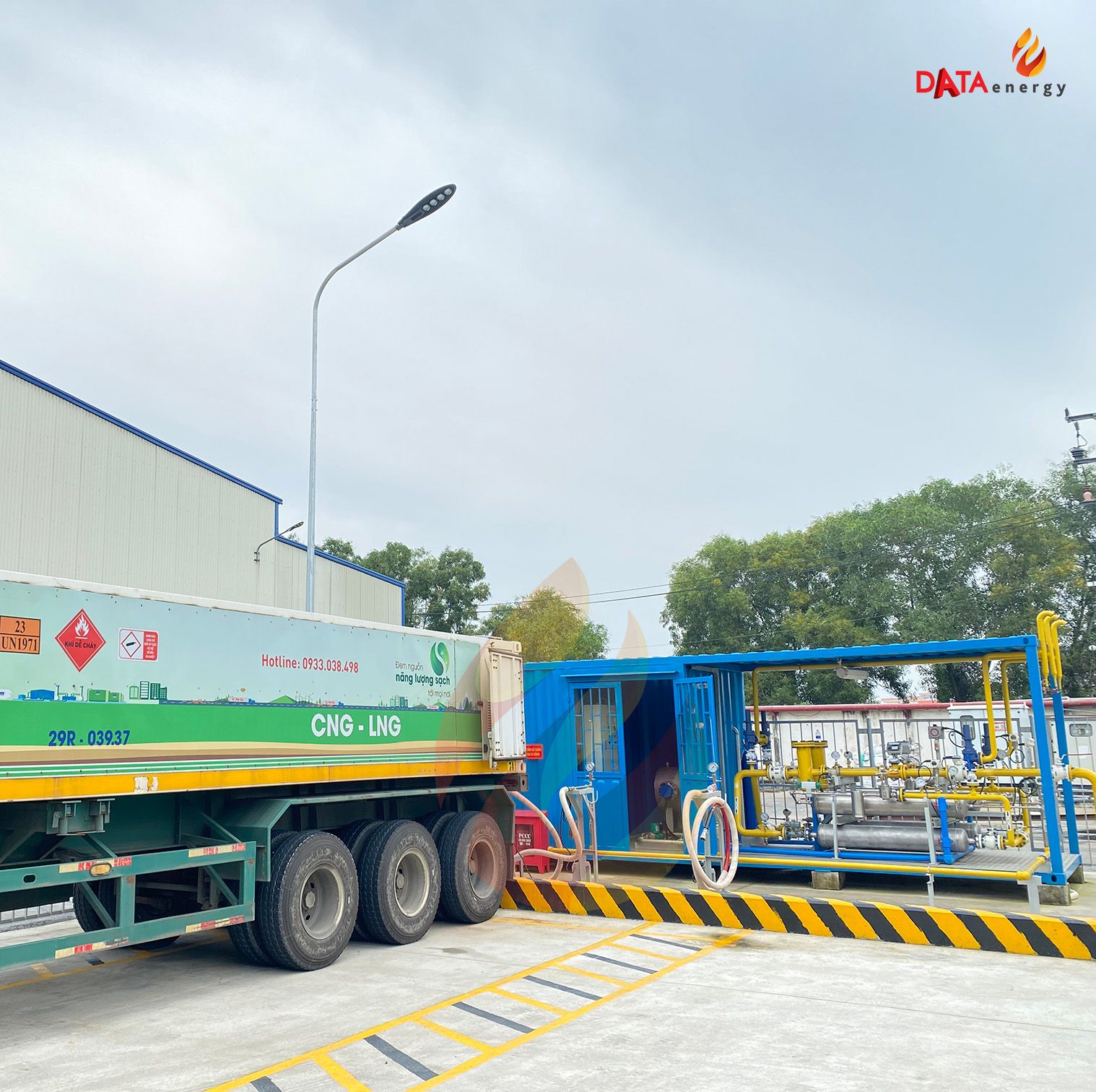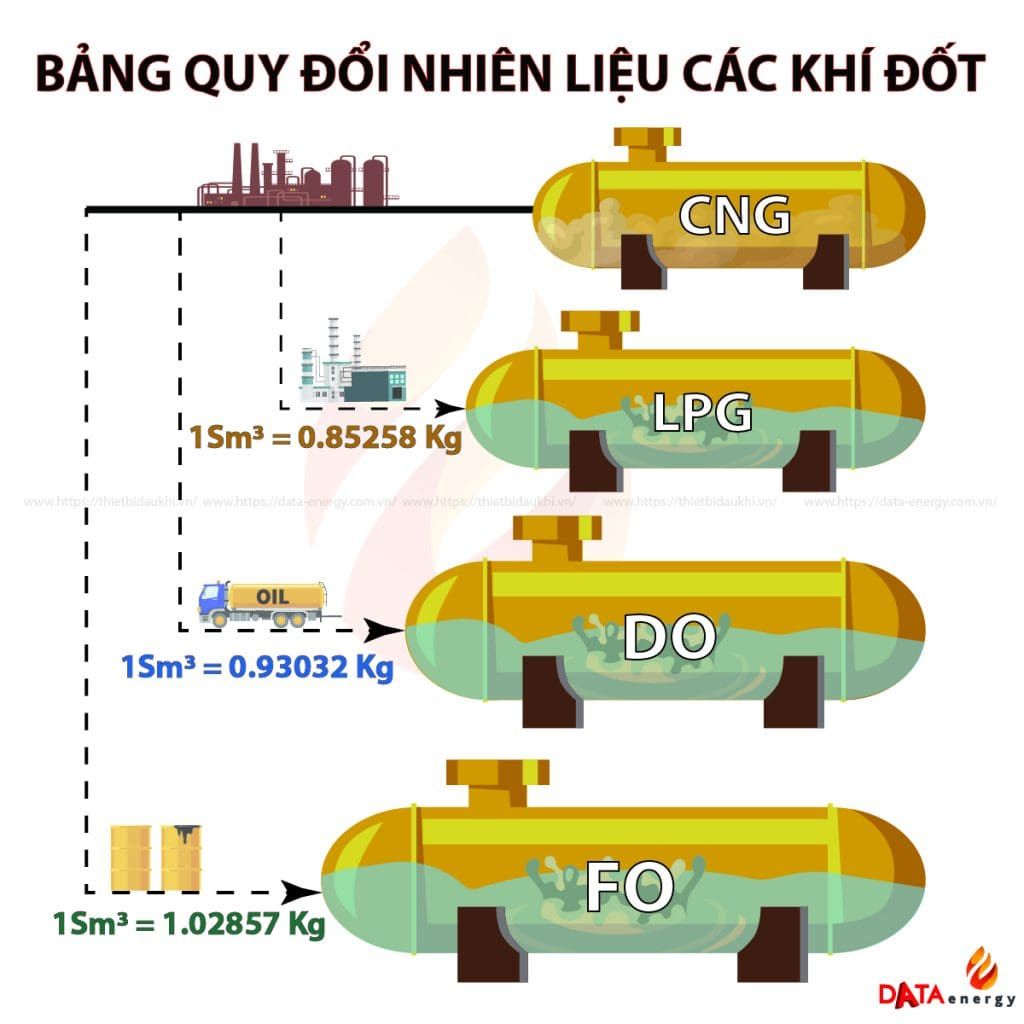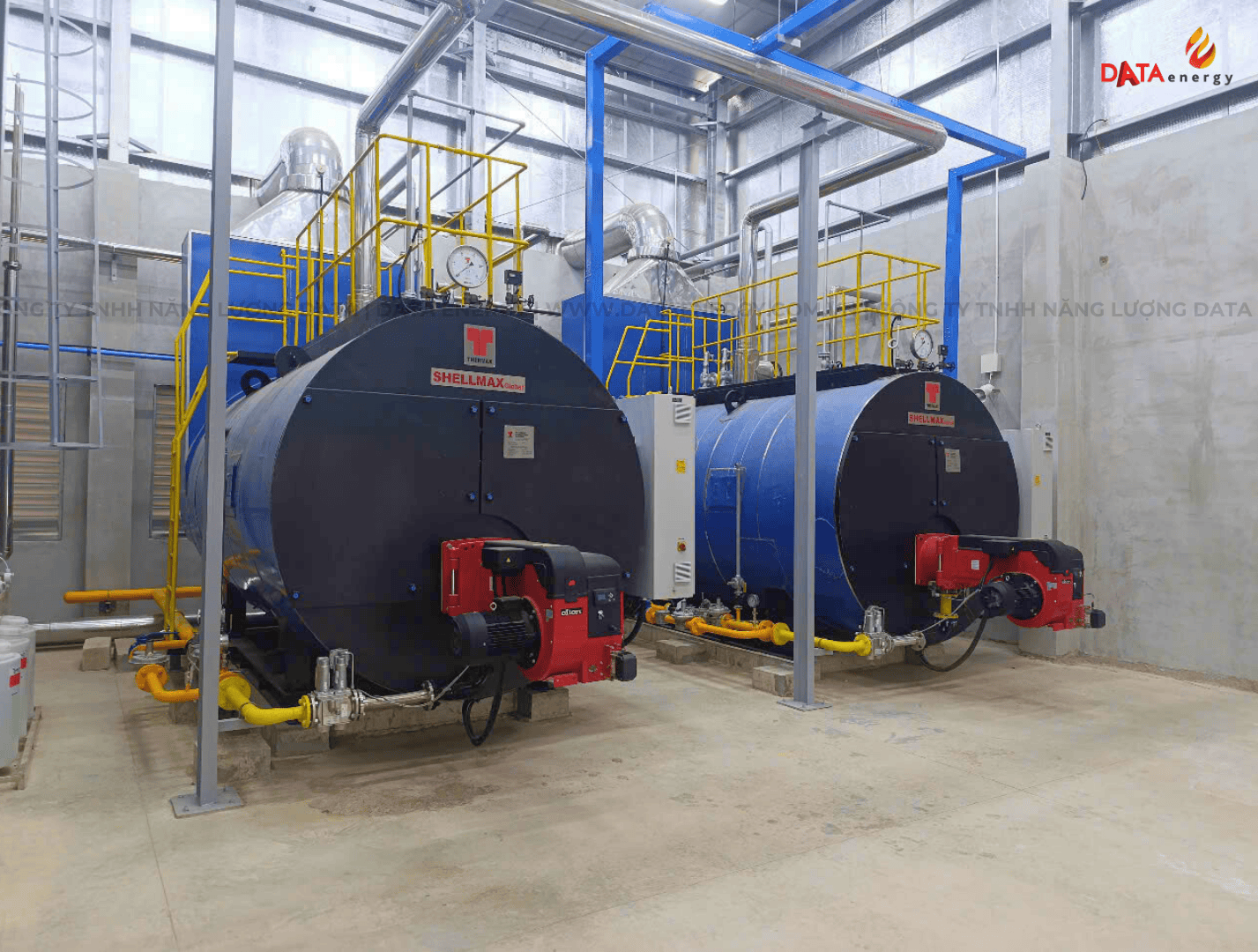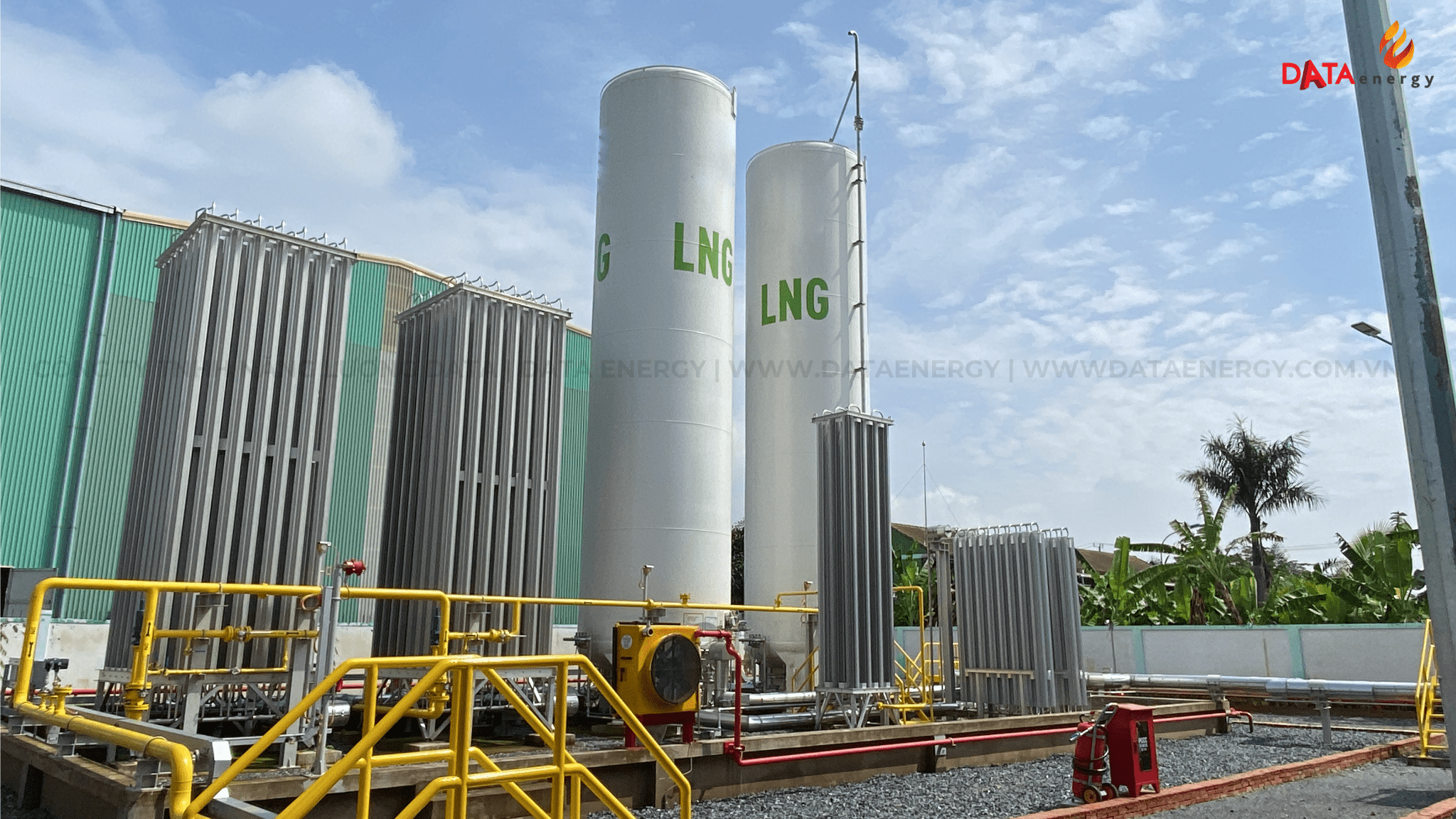COMPARE CNG, LNG, LPG
06/01/2025
LNG, LPG, and CNG are three common types of fuel gas currently used and are very familiar in the energy industry. So what are these three types of gas? What are the benefits of using them? Let's refer to the article below.

WHAT IS LNG?
LNG stands for Liquefied Natural Gas, which is primarily composed of Methane (CH4). LNG is cooled to -162°C after impurities are removed. LNG occupies only 1/6000 of the volume of natural gas at standard conditions, making it easier to store and transport.
Liquefied natural gas is odorless, non-toxic, and non-corrosive.
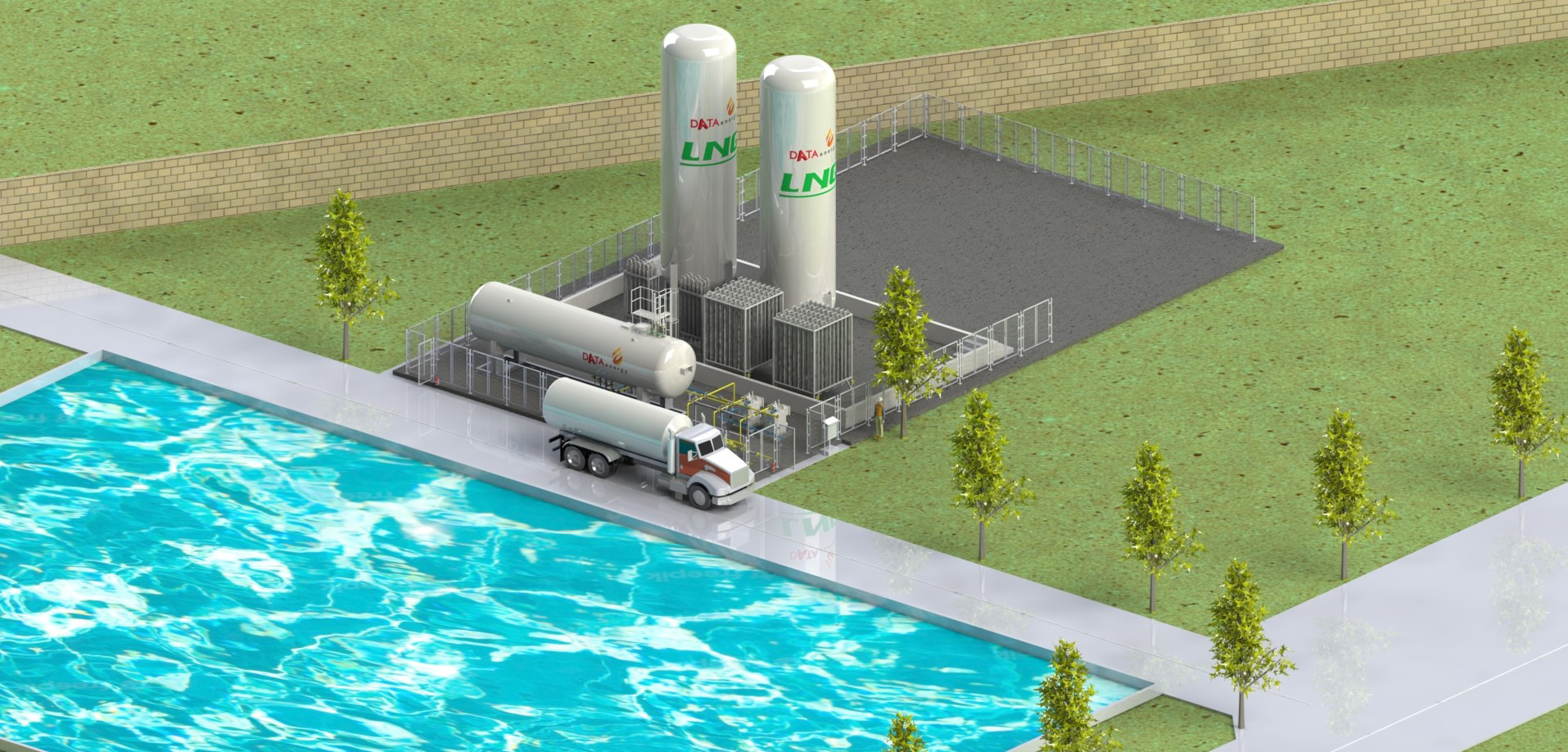
BENEFITS OF USING LNG
Environmentally Friendly: Liquefied natural gas (LNG) is one of the most environmentally friendly fuels available today. LNG combustion emits less CO2, NOx, and SO2 (estimated to reduce CO2 emissions by 25%, NOx by 90%, and SO2 by 98% when used as fuel). Additionally, LNG evaporates faster than oil and traditional heavy fuels when exposed to air, leaving no residue on water or land.
Easy Transportation: LNG is compressed to 1/600th of its original volume as natural gas (NG), allowing for safe and cost-effective transportation by ship from the source to onshore storage facilities. Upon arrival at the consumption site, LNG is easily converted back to natural gas through a dedicated vaporization system.
Safe Usage: LNG is less likely to ignite spontaneously on hot surfaces due to its high auto-ignition temperature and narrow flammability range (5%-15%). This means that LNG will not ignite if its concentration in the air is below 5% or above 15%. The high auto-ignition temperature and limited flammability range make spontaneous ignition or accidental combustion highly unlikely.
Economic Efficiency: Liquefied natural gas (LNG) is projected to be competitively priced compared to heavy fuels like oil and coal.
WHAT IS LPG?
LPG gas - liquefied petroleum gas is a mixture of hydrocarbons consisting of two main components: propane and butane.
LPG is colorless, odorless, and non-toxic. To easily detect gas leaks, during processing, LPG gas will be added with a small amount of ethanethiol (smelling like rotten eggs) to detect gas leaks.
Liquefied petroleum gas has a boiling point lower than room temperature, so LPG will evaporate quickly at normal temperature and pressure.
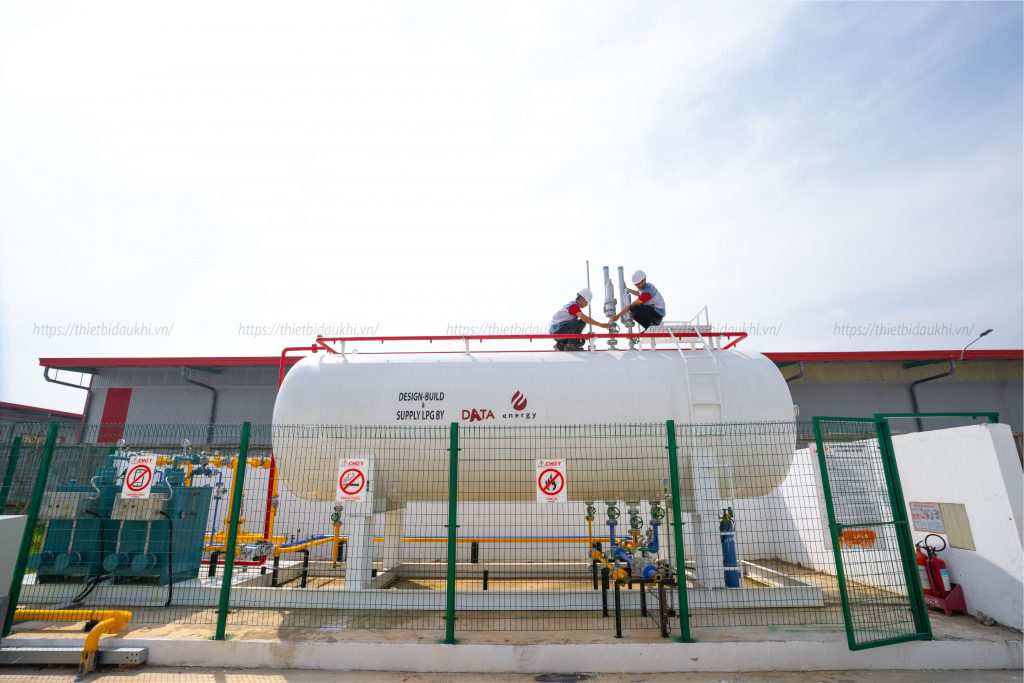
BENEFITS OF USING LPG
Environmental Protection: From an environmental perspective, liquefied petroleum gas is a clean-burning fuel, producing less CO2 emissions (approximately 20% - 50% less than heavier fuels). LPG combustion generates fewer particles and fine dust, contributing to the reduction of the greenhouse effect. Additionally, using LPG as fuel can replace traditional fuels like wood, coal, and other organic materials, which is a solution to reduce illegal exploitation, deforestation, and contribute to protecting the Earth's "green lungs."
High Mobility: Liquefied petroleum gas is easily liquefied and stored in high-pressure tanks. This characteristic makes LPG highly mobile, allowing for easy storage and transportation to consumers in various locations.
Wide Applicability: LPG is widely used in various industries, including residential, commercial, industrial, and transportation.
Clean Combustion: The chemical composition of liquefied petroleum gas primarily consists of Propane and Butane (these two components account for at least 95% of the mass). This allows for easy adjustment of the fuel-air mixture ratio for complete combustion, resulting in LPG's clean burning properties.
WHAT IS CNG?
CNG (Compressed Natural Gas) gas is a natural gas fuel extracted from natural gas fields. The main component of CNG is methane (CH4). CNG is compressed at high pressure and transported by specialized vehicles.
CNG gas is odorless, non-toxic, lighter than air, and can disperse quickly when released. The combustion process generates almost no fine dust.
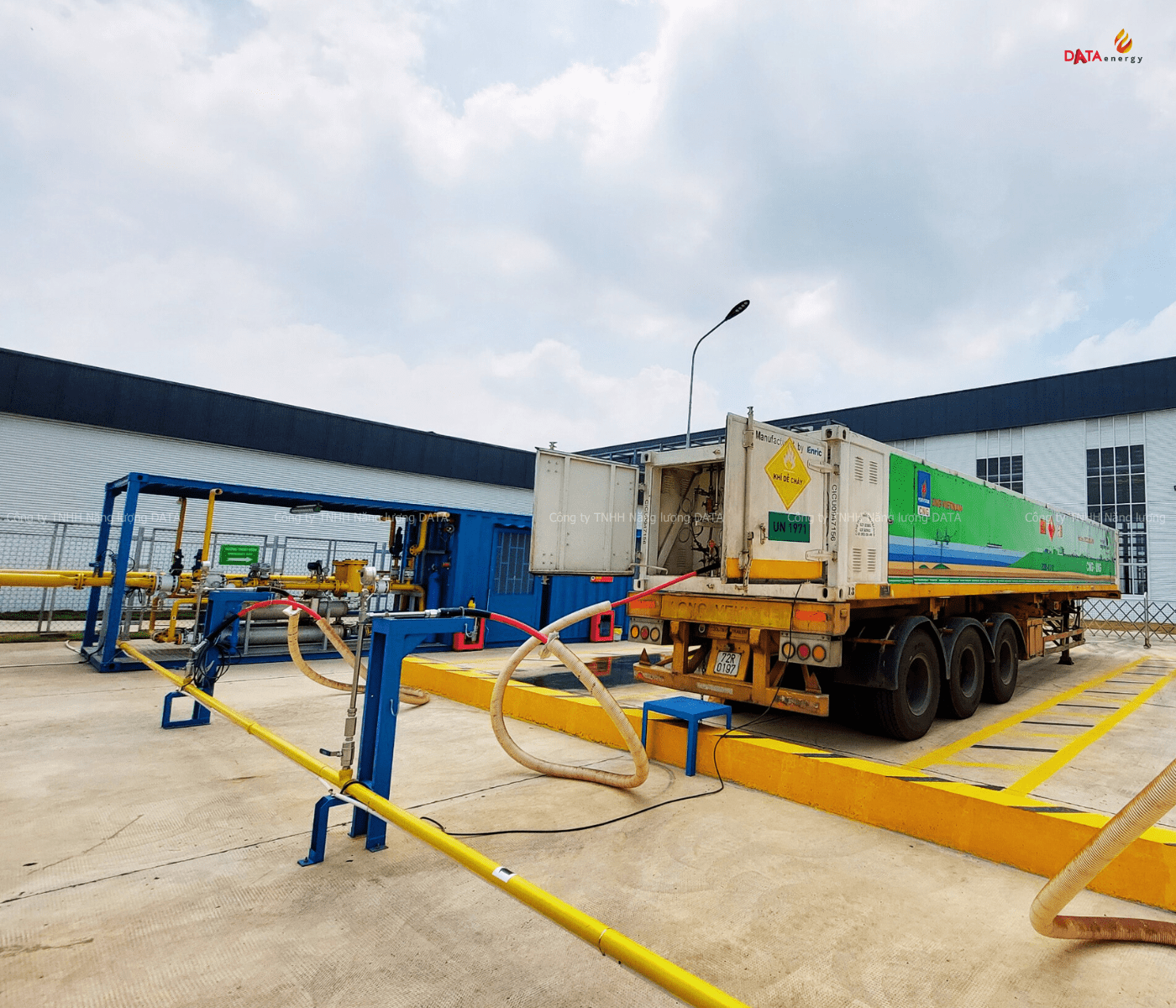
WHAT ARE THE BENEFITS OF USING CNG?
Environmental Benefits: Natural gas (CNG) is one of the cleanest burning fuels available today. CNG burns cleaner than petroleum products because it has a lower carbon emission content (it is estimated that using CNG as fuel reduces CO emissions by up to 90%, NOx emissions by 75% - 95%, and CO2 emissions by 25%).
Being odorless and non-toxic, CNG does not release harmful emissions like gasoline or diesel in the event of an accidental leak. Because CNG is lighter than air, in the event of a leak, it will rise and disperse into the atmosphere, blending with the air easily and evenly.
Safety Benefits: CNG is less likely to ignite spontaneously on hot surfaces because it has a high auto-ignition temperature (around 540 degrees Celsius) and a narrow flammability range (5% - 15%). This means that if the concentration of CNG in the air is below 5% or above 15%, it will not ignite. This high ignition temperature and limited flammability range make spontaneous ignition or accidental combustion very unlikely.
Economic Benefits: The cost of CNG is cheaper than gasoline by about 10-30%, and the cost of vehicles using CNG is about 40% lower than gasoline or diesel vehicles. The price of CNG is stable over time compared to the price of petroleum products.
Technical Benefits: CNG is lighter than air, so it disperses easily and does not accumulate as much as gasoline vapor. Because combustion occurs completely, it does not leave residue in the combustion equipment and carburetor of vehicles, so CNG helps improve efficiency, extend maintenance cycles, and increase the lifespan of machinery and equipment.
![]()
DATA ENERGY COMPANY LIMITED (DATA Energy)
- Supply LPG, CNG, LNG.
- Consult, Design, Install Industrial Gas System.
- Invest Gas System (LPG, CNG, LNG) for the factory.
